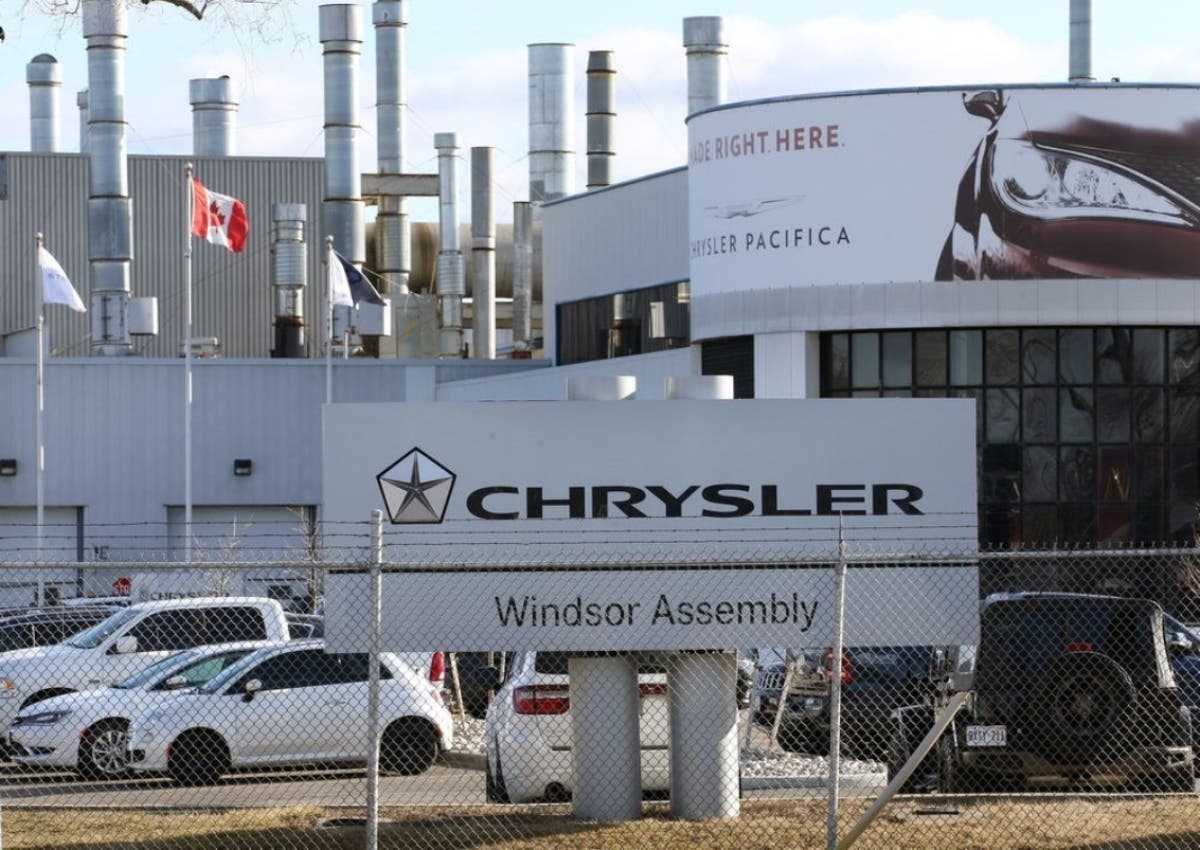Stellantis has announced a temporary reduction in production at its Windsor assembly plant in Ontario due to uncertainty affecting the entire automotive sector following the introduction of tariffs by the United States. Despite this slowdown, the company confirms its intention to activate a third shift in 2026, although this expansion will not happen before 2025.
Stellantis slows production in Windsor: uncertainty related to US tariffs weighs heavily

During the week, Stellantis shared an updated production schedule with suppliers and the Unifor Local 444 union. The new calendar includes a rotation between weeks with one or two work shifts, some partial closures, and the usual two-week summer break scheduled for the end of August. These changes coincide with the conclusion of production for 2025 models and preparation for the launch of the new 2026 range, which will include the Chrysler Pacifica, the Chrysler Voyager (marketed in Canada as the Grand Caravan), and the new Dodge Charger.
James Stewart, president of Unifor Local 444, stated that while not explicitly mentioning tariffs as the main cause, their role in the current situation is evident. “They’re not directly blaming the tariffs, but it’s related to those: there’s no doubt about this,” he affirmed, recalling that even at the time of the tariff announcement by former president Donald Trump, an impact on the production schedule had been anticipated.
The plant is currently idle but should resume operations next week with the new shift rotation schedule. Stellantis has nevertheless reaffirmed its commitment to restore the plant to full operation in the future, including the introduction of a third shift, but has specified that, based on current market conditions, this will not happen before 2026.

Lou Ann Gosselin, head of communications for Stellantis Canada, confirmed in a statement that the group’s intention remains to bring the Windsor plant to a three-shift production regime. However, at present, uncertainties related to the US market prevent moving forward in this direction.
Stewart also highlighted the difficulties that workers at supplier facilities will face, who, unlike unionized employees of the Big 3, do not enjoy the same benefits in case of suspensions or reductions. “It will be a long and difficult period for workers at our suppliers,” he declared, emphasizing that it will be complicated to ensure an equitable distribution of shifts for everyone.
Finally, despite recent hiring efforts for the third shift, Stellantis has temporarily suspended plans to increase personnel. The company is waiting for greater clarity on the commercial situation between the United States and Canada and on the evolution of automotive demand before proceeding. As Stewart concluded, “They’re not saying they intend to withdraw production from Canada, at least for now, but it’s evident that they’re under strong political pressure.”
